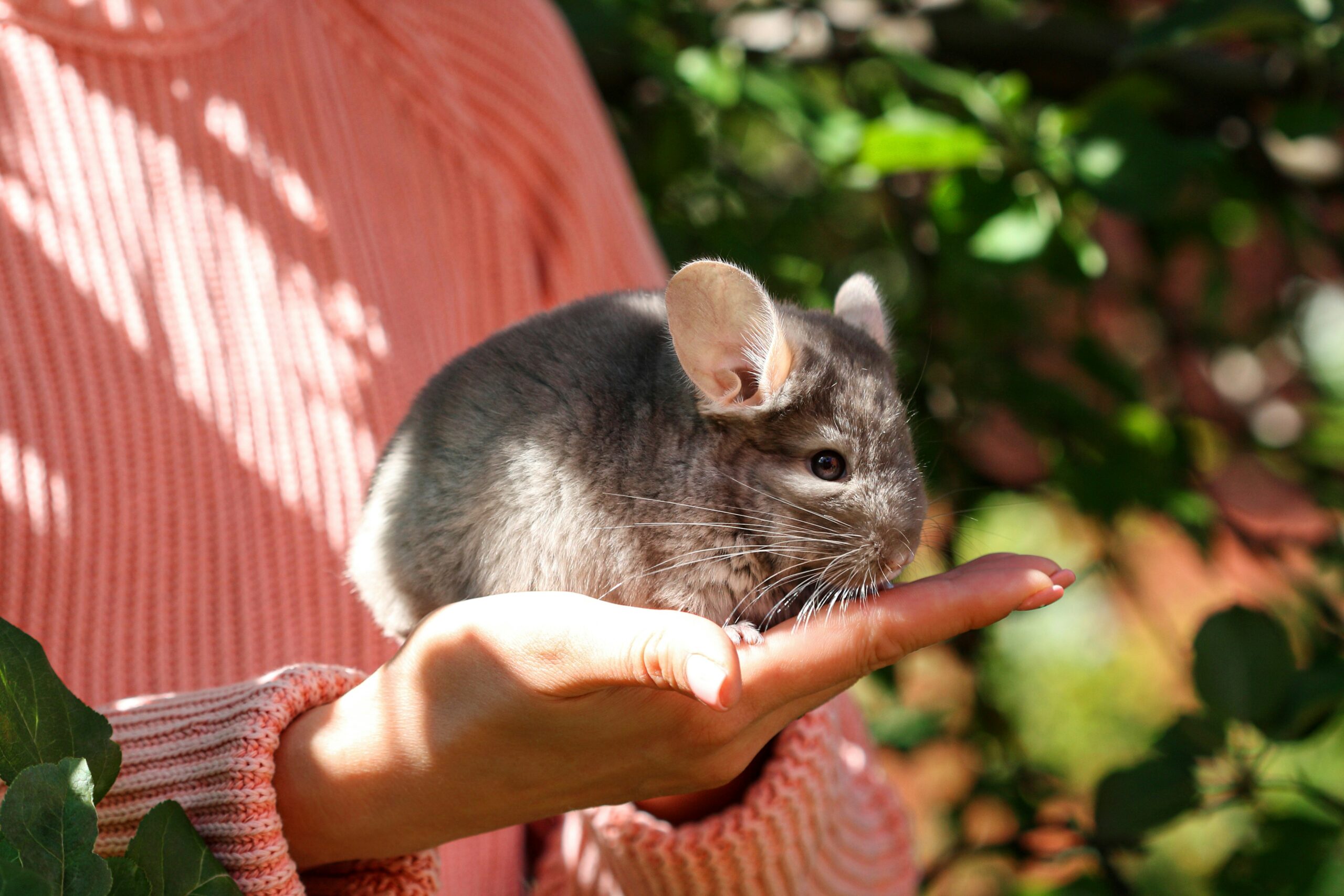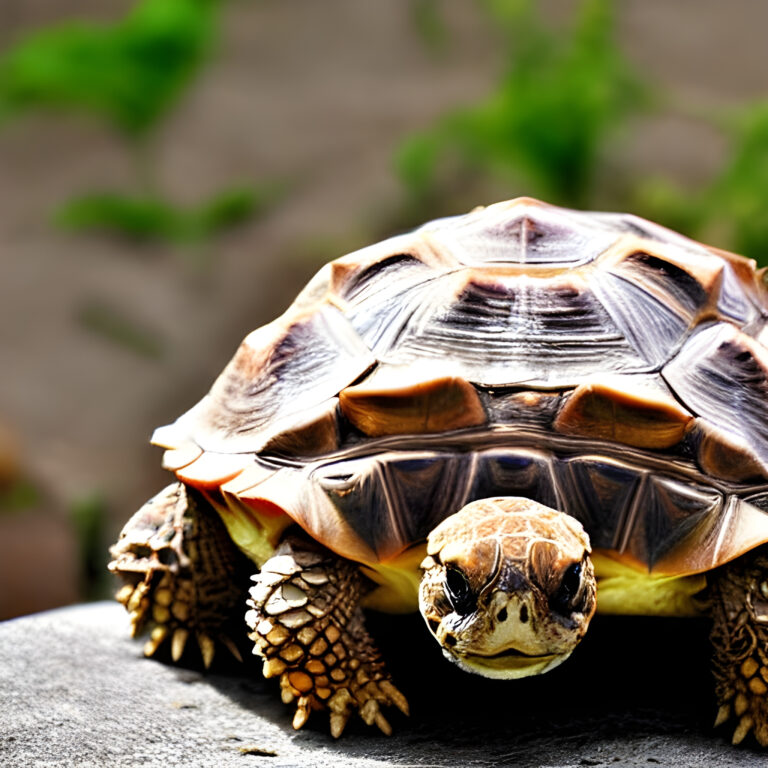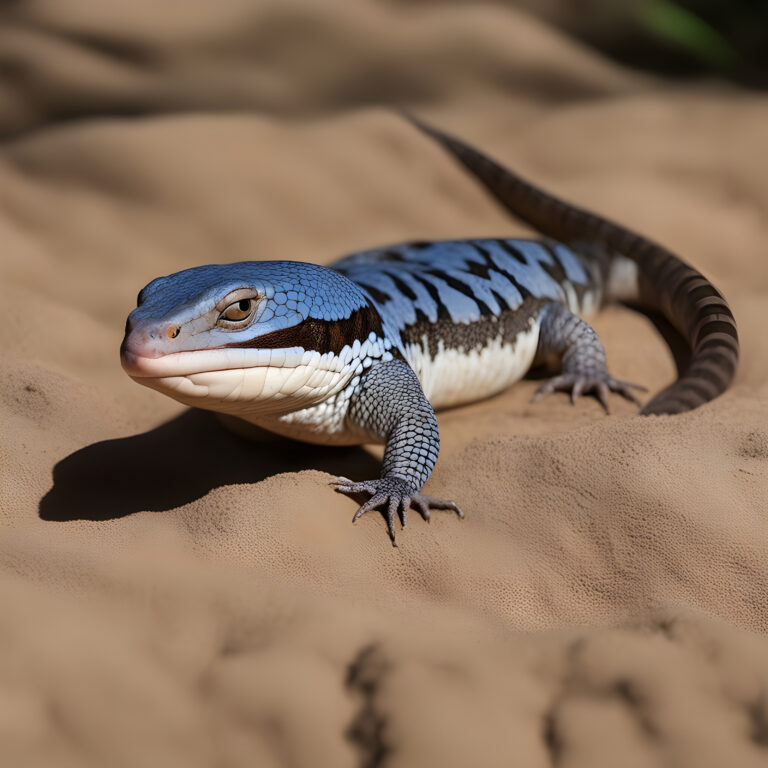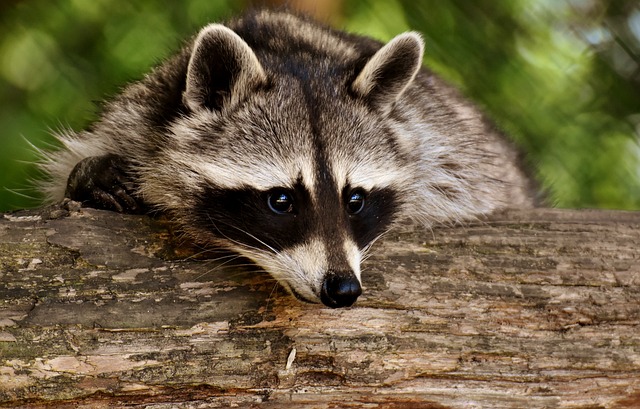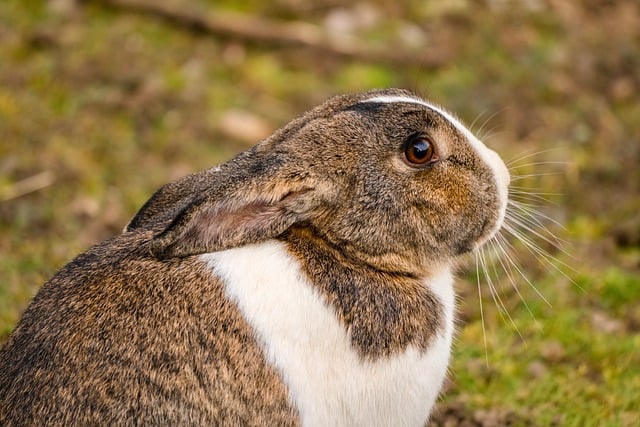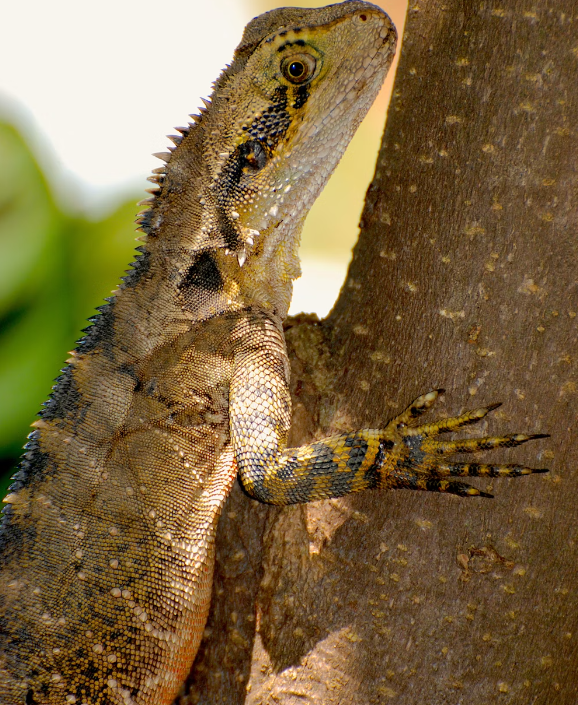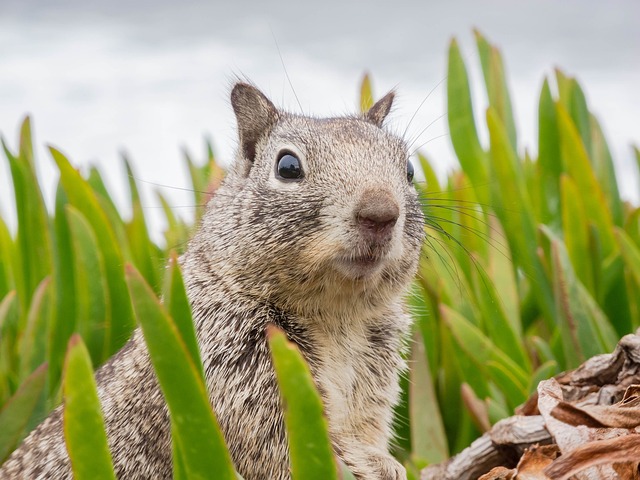Expert Tips and Tricks on Taking Care of Your Chinchilla
Introduction to Chinchilla Care
As a proud chinchilla owner, I can attest to the joy and companionship these adorable creatures can bring. However, taking care of a chinchilla requires dedication and knowledge. In this ultimate guide, I will share expert tips and tricks to ensure a hassle-free experience in caring for your chinchilla.
The Basics of Chinchilla Care – Housing, Diet, and Exercise
- Housing
Providing a suitable habitat is crucial for the well-being of your chinchilla. A spacious cage with multiple levels and platforms allows for exercise and exploration. Ensure the cage has a solid floor to prevent foot injuries. Avoid wire-bottom cages as they can cause discomfort and health issues. Place the cage in a quiet area away from direct sunlight and drafts.
- Diet
A balanced diet is essential for a healthy chinchilla. The primary component of their diet should be good quality hay, such as timothy hay. Hay provides necessary fiber for digestion and helps maintain dental health. Supplement their diet with chinchilla pellets, which contain essential nutrients. Fresh vegetables and fruits can be offered in moderation as treats. Always provide clean, fresh water in a sipper bottle.
- Exercise
Chinchillas are active animals that require regular exercise to stay happy and healthy. Provide a safe space outside the cage for supervised playtime. Chinchilla-proof the area by removing any potential hazards and electrical cords. Chinchillas love to run, jump, and climb, so provide toys and tunnels to keep them entertained. A solid exercise wheel is also a great addition to their cage.
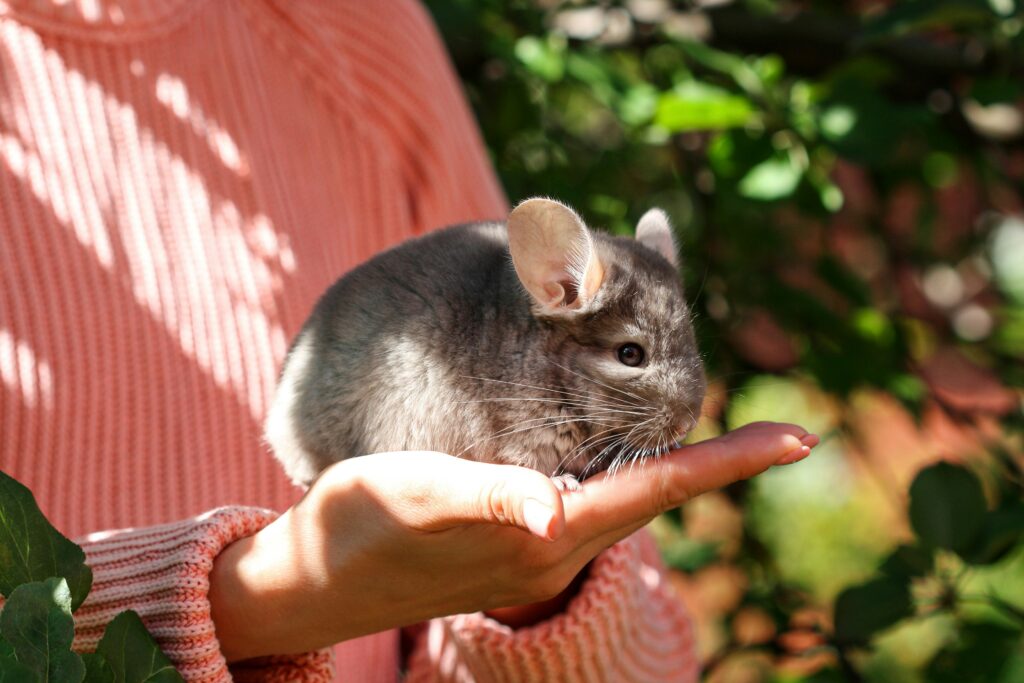
Chinchilla Grooming and Hygiene
Maintaining proper grooming and hygiene practices is crucial for your chinchilla’s well-being.
- Fur Care
Chinchillas have dense fur that requires regular brushing to prevent matting and fur blockages. Use a soft-bristled brush or a specially designed chinchilla grooming tool to gently brush their fur. Regular brushing also helps reduce shedding and keeps their coat in top condition. If you notice any mats or tangles, carefully and gently remove them with your fingers or a pair of blunt-tipped scissors.
- Bathing
Contrary to popular belief, chinchillas should not be bathed with water. Their fur is so dense that it takes a long time to dry, which can lead to skin issues. Instead, provide them with a dust bath. Fill a shallow container with chinchilla dust and allow your pet to roll and play in it. The dust absorbs excess oils and keeps their fur clean and healthy. Dust baths should be given two to three times a week.
- Dental Care
Chinchillas have continuously growing teeth, so dental care is vital. Provide wooden chews or mineral blocks to help wear down their teeth naturally. Regularly check their teeth for signs of overgrowth or dental problems. If you notice any issues, consult a veterinarian with experience in chinchilla care.
Also read : How Long Does a Chinchilla Live in Captivity
Common Health Issues in Chinchillas and How to Prevent Them
While chinchillas are generally healthy pets, they are prone to certain health issues. Here are some common health problems to watch out for:
- Dental Problems
As mentioned earlier, dental issues can arise due to overgrown teeth. Regularly monitor your chinchilla’s teeth and provide appropriate chew toys to prevent dental problems. If you notice any signs of dental issues, such as drooling or difficulty eating, seek veterinary care immediately.
- Digestive Issues
Chinchillas have sensitive digestive systems, and improper diet or sudden dietary changes can lead to digestive problems. Ensure a balanced diet consisting mainly of hay and pellets. Avoid offering sugary or fatty treats. If you suspect digestive issues, look out for symptoms like loss of appetite, diarrhea, or bloating, and consult a veterinarian promptly.
- Fur and Skin Problems
Chinchillas can develop skin irritations or fungal infections, especially if their fur is damp or dirty. Regular dust baths help keep their fur clean and reduce the risk of skin issues. If you notice any redness, flakiness, or hair loss, seek veterinary advice.
- Respiratory Infections
Chinchillas are susceptible to respiratory infections, especially when exposed to drafts or damp environments. Ensure their living area is well-ventilated and free from drafts. If you observe symptoms like sneezing, coughing, or difficulty breathing, consult a veterinarian for diagnosis and treatment.
Chinchilla Behavior and Socialization
Understanding your chinchilla’s behavior is essential for providing proper care and ensuring their well-being.
- Nocturnal Nature
Chinchillas are nocturnal animals, which means they are most active during the night. Allow them a quiet and undisturbed environment to sleep during the day. Avoid loud noises and sudden disruptions that can cause stress or anxiety.
- Socialization
Chinchillas are social animals and thrive in the company of their own kind. If possible, consider getting a pair of chinchillas to keep each other company. If you have a single chinchilla, ensure you spend plenty of time interacting and playing with them. Chinchillas can form strong bonds with their owners through gentle handling and positive reinforcement.
- Warning Signs
It’s important to recognize warning signs of stress or illness in your chinchilla. Common signs include excessive chewing or scratching, loss of appetite, aggression, or lethargy. If you notice any of these signs, consult a veterinarian for a thorough examination.
Chinchilla Toys and Enrichment
Providing toys and enrichment activities is essential for keeping your chinchilla mentally stimulated and entertained.
- Chew Toys
Chinchillas have a natural urge to chew, which helps keep their teeth healthy and prevents boredom. Offer a variety of safe chew toys made from non-toxic materials, such as wooden blocks or lava rocks. Avoid plastic toys that can be chewed into small pieces and pose a choking hazard.
- Exercise Toys
To keep your chinchilla active and engaged, provide exercise toys such as tunnels, climbing platforms, and solid exercise wheels. These toys mimic their natural habitat and encourage physical activity.
- Puzzle Toys
Puzzle toys provide mental stimulation for your chinchilla. Hide treats or small toys inside puzzle balls or treat-dispensing toys to keep them engaged and entertained. This helps prevent boredom and encourages problem-solving skills.
Chinchilla Training and Handling Tips
With patience and positive reinforcement, you can train your chinchilla to respond to basic commands and become comfortable with handling.
- Taming and Bonding
Before attempting any training, focus on taming and bonding with your chinchilla. Spend time near their cage, speaking softly and offering treats. Gradually introduce your hand into their space, allowing them to sniff and investigate. Once they are comfortable, gently stroke their fur and reward them with treats.
- Basic Commands
Chinchillas can be trained to respond to basic commands like “come” or “stay.” Use treats as positive reinforcement and repetition to reinforce the commands. Keep training sessions short and fun, and always end on a positive note.
- Handling
Proper handling is crucial to avoid causing stress or injury to your chinchilla. Support their body with both hands, ensuring they feel secure and comfortable. Never grab them by the tail or squeeze them tightly. If your chinchilla shows signs of distress or discomfort, give them space and try again later.
Chinchilla Care for Beginners – A Step-by-Step Guide | Tricks on Taking Care of Your Chinchilla
If you’re new to chinchilla care, here’s a step-by-step guide to help you get started:
- Step 1: Research and Preparation
Before bringing a chinchilla home, research their basic needs, habitat requirements, and dietary preferences. Prepare a suitable cage, gather necessary supplies, and ensure you have a veterinarian experienced in chinchilla care.
- Step 2: Settling In
When you bring your chinchilla home, give them time to adjust to their new environment. Allow them to explore their cage and surroundings at their own pace. Minimize noise and disturbances during this initial settling-in period.
- Step 3: Establish a Routine
Maintain a consistent daily routine for feeding, cleaning, and playtime. Chinchillas thrive on routine and feel secure when they know what to expect.
- Step 4: Monitor Health
Regularly monitor your chinchilla’s behavior, eating habits, and overall health. Look out for any changes that may indicate an underlying health issue. Schedule regular check-ups with a veterinarian to ensure their well-being.
- Step 5: Enjoy the Bond
Chinchillas can form strong bonds with their owners. Enjoy spending time with your chinchilla, playing, and interacting with them. The more time and effort you invest, the stronger your bond will become.
Chinchilla Care Products and Supplies
To provide the best care for your chinchilla, here are some essential products and supplies you’ll need:
- Spacious cage with multiple levels and platforms
- Timothy hay and chinchilla pellets
- Chinchilla dust for dust baths
- Soft-bristled brush or chinchilla grooming tool
- Wooden chews or mineral blocks for dental care
- Safe chew toys made from non-toxic materials
- Exercise toys such as tunnels and climbing platforms
- Puzzle toys for mental stimulation
- Solid exercise wheel
- Sipper bottle for clean, fresh water
Conclusion and Final Tips for Easy Chinchilla Care
Caring for a chinchilla can be a rewarding and enjoyable experience, but it requires commitment and knowledge. By providing a suitable habitat, a balanced diet, regular grooming, and plenty of mental and physical stimulation, you can ensure a happy and healthy life for your chinchilla. Remember to monitor their health closely and seek veterinary care when needed. With love, patience, and proper care, your chinchilla will bring you years of joy and companionship.
